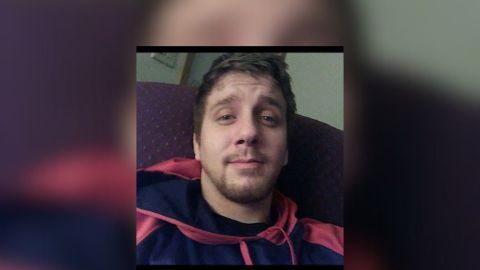Five years ago, Minnesota established a program to bolster well-being metrics for children of color and young Native American kids. Today, fund recipients are sharing their progress.
The Community Solutions for Healthy Child Development Grants are in their second round of funding following what advocates called a successful pilot beginning in 2019. Given Minnesota's long-standing racial disparities, community sites making use of the aid hope the kids they serve find stability as they grow.
Brook LaFloe, associate director of the Montessori American Indian Childcare Center in Roseville, said they have been able to do things like hire a social worker, which helps build trust.
"Especially with our people's history with the boarding school era, it still lingers in some of our older generations, right?" LaFloe noted. "That mistrust in school, that mistrust in giving their children up to other people."
LaFloe added her team has maintained full enrollment for key services, including a program catering to children prenatal to 3 years old. Organizations such as Children's Defense Fund-Minnesota pushed for permanent funding after the pilot phase. The state health department said current grants are funded through 2027, but it is unclear what might happen down the road with future deficits forecast.
In northwestern Minnesota, the nonprofit All Nations Rise, which serves tribal members of White Earth Nation, carries out early childhood programming through a cultural lens.
Beth Ann Dodds, program manager for the group, said they have used the grant money to offer an Indigenous parent leadership class.
"They're learning more about themselves, which you need to have -- that self-awareness -- in order to make some positive changes," Dodds observed. "Whether that's with yourself, with that's with your family, or whether that's in your community. "
She added the curriculum has reached nearly two dozen parents, helping more than 70 children.
The grants have also helped fund efforts at Grandmother's House, a language and culture immersion program through Fond du Lac Tribal College in Cloquet.
Persia Erdrich, lead teacher for the program, said she has seen firsthand how outreach connects younger Native people with their tribal identity, aiding them in the development process. She sees the positive effects through her son.
"I started as a parent in this program, and his first words were in Ojibwe, his first sentences," Erdrich recounted. "He's bilingual now."
-
In the new picture book “The Blue House I Loved” Minnesota author Kao Kalia Yang shares vivid memories of childhood and place. Illustrated by artist and architect Jen Shin.
-
There was standing room only for much of the Nevis City Council's monthly meeting on Feb. 9, 2026, as the Council considered continuing its support for a local skate park.
-
Corey Adam Bryant was last seen in Bemidji on Dec. 19, 2025, but was last in touch with family in January 2026.
-
Events this week include a pancake fundraiser and curling watch parties in Grand Rapids, "MusiKaravan" in Hibbing, Bemidji Contra Dance and a symphony orchestra concert in Virginia.









